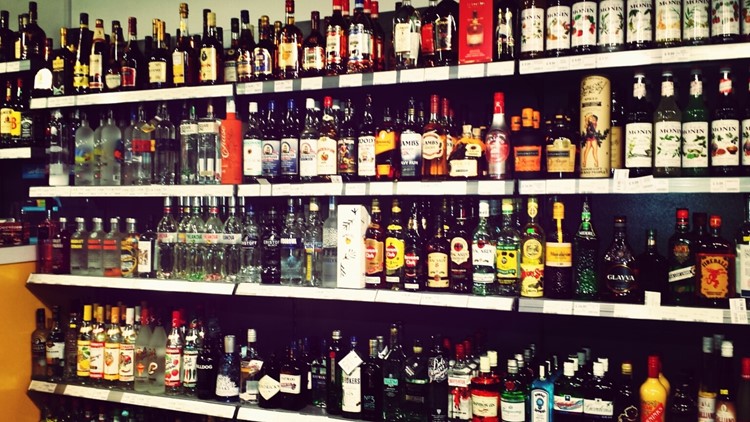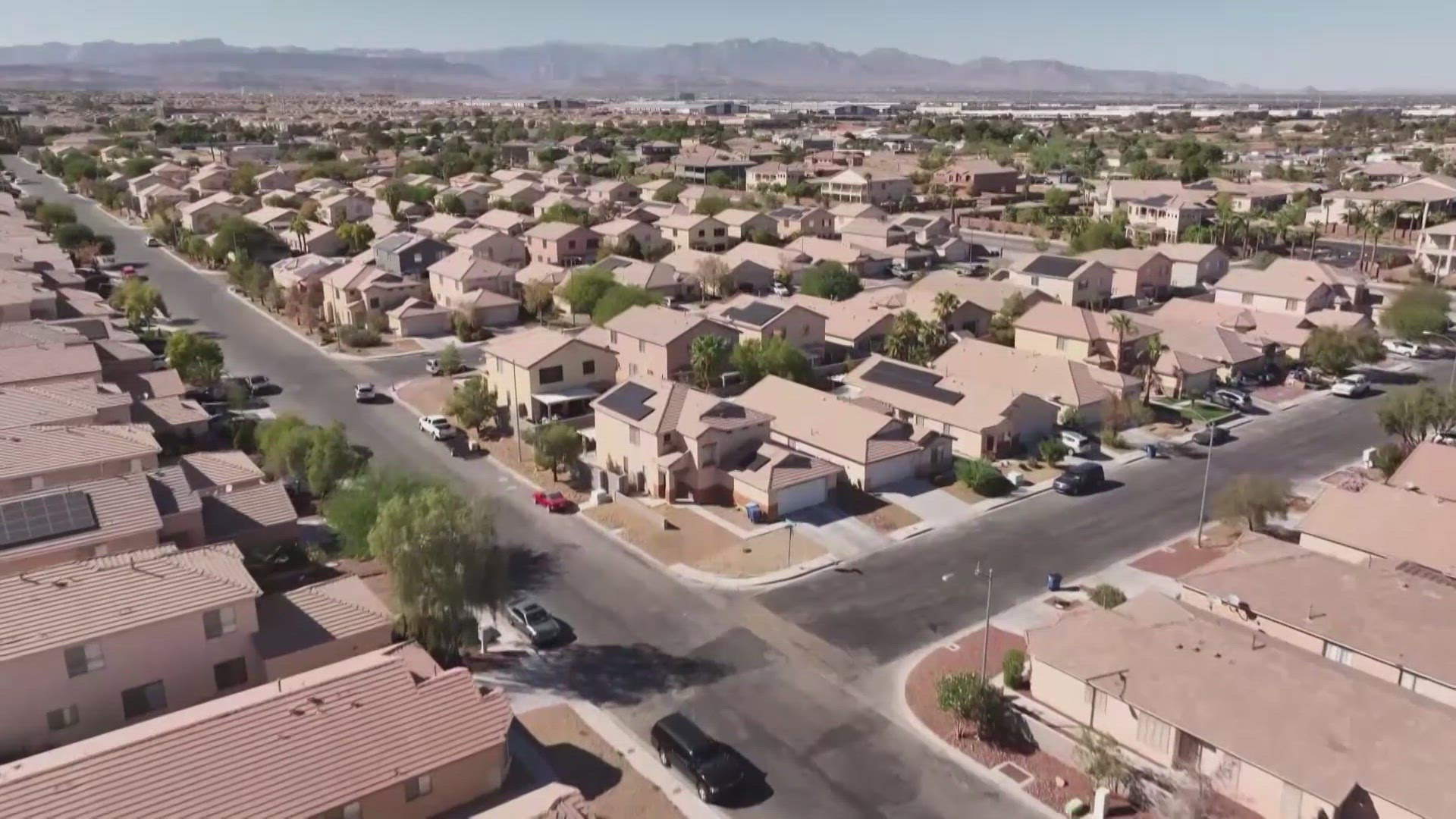Many people across the United States are walking out of liquor stores without booze due to an alcohol shortage that has persisted since the pandemic began.
Liquor stores in Vermont, New Jersey, Ohio and Pennsylvania are facing alcohol shortages that stem from beyond the pandemic, but also include persistent issues from the supply chain shortages, according to a report from NPR.
The Pennsylvania state board put a cap on how many bottles of a certain type of alcoholic beverage a customer can buy at the end of September. Buyers could only purchase two bottles of select items such as Hennessy Cognac, Buffalo Trace bourbon and Patrón tequila.
Virginia limits customers to one bottler per day for certain liquors, according to reports.
The shortage spans back to growing the ingredients to make liquors. David Ozgo, the chief economist of the Distilled Spirits Council of the United States, told NPR demand is high right now for super-premium products.
The issue is mostly consistent with alcohol brands that require aging. Agave producers aren't able to go back three years and determine today's demand for tequila products.
And on top of that, there is a shortage of glass bottles used for spirits across the world, the official Distilled Spirits Twitter account said in a tweet. The shortages create a trickle-down effect that leaves liquor stores and restaurants bearing the brunt.
Most liquor stores still have plenty of stock, but it may be difficult to find luxury and premium spirits due to shortages, Ozgo said in an interview with AARP.
Another factor affecting alcohol sales is actually finding the means to transport it.
In an interview with KPLC News, a liquor store owner in Louisiana said it doesn't end at the glass bottle shortage, but labor shortages have affected getting alcohol out to customers.
As the holiday season rolls around, the demand for liquor will not slow down citing the ongoing supply chain shortages. However, state liquor boards say most brands are expected to return to shelves in states that are running low on Americans' favorites.



